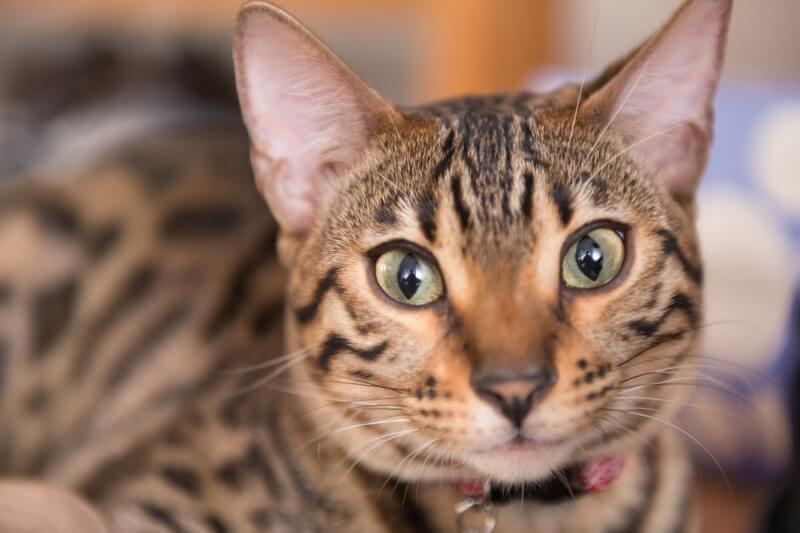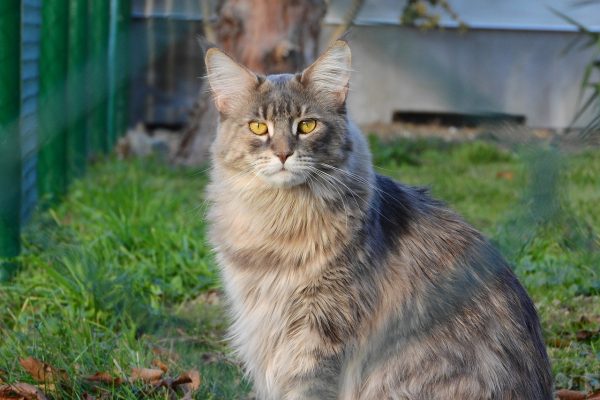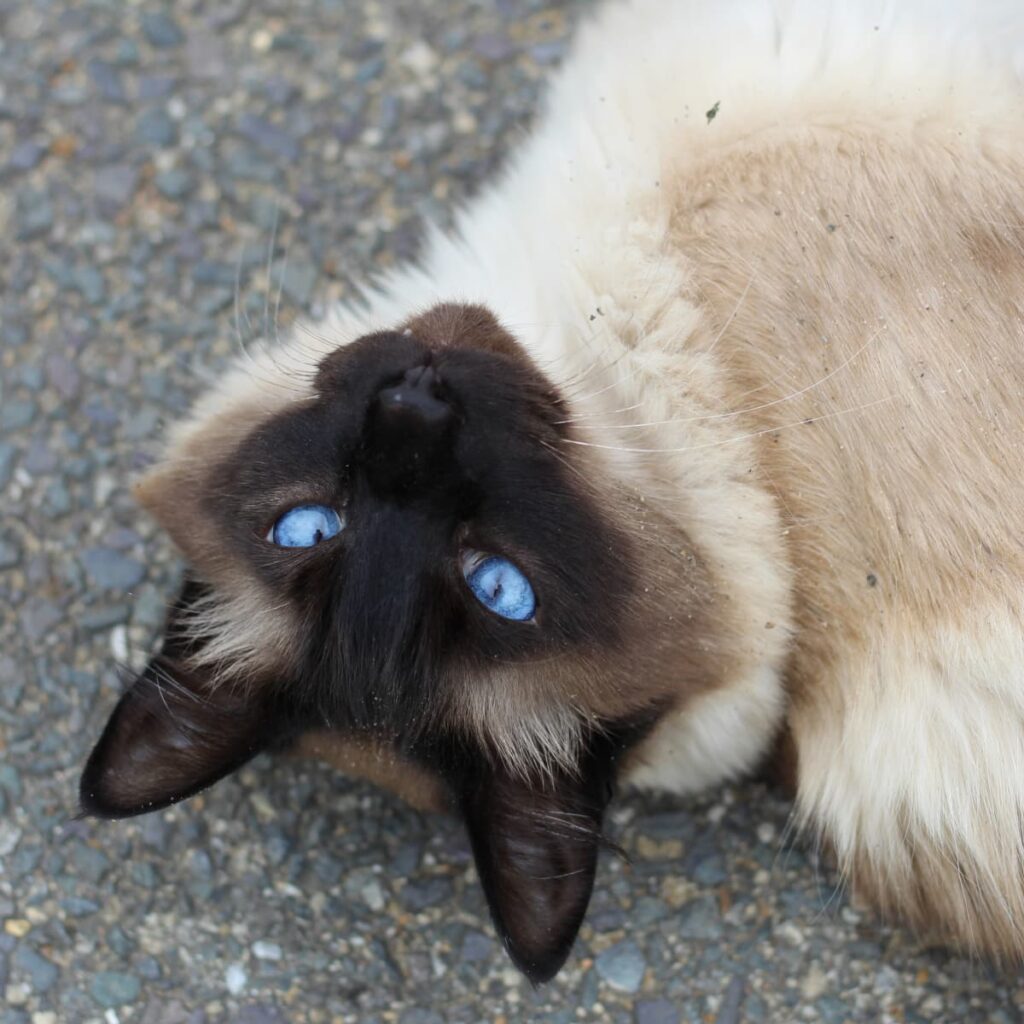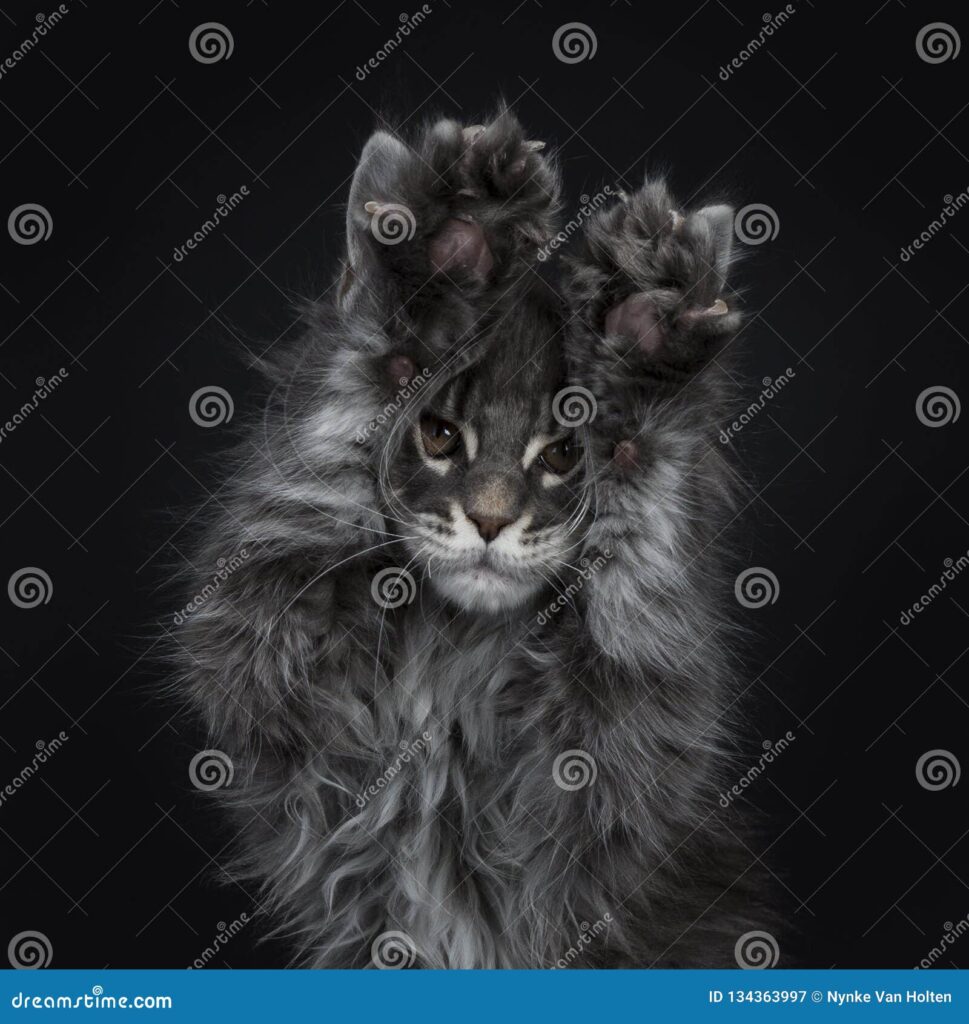Owning a Bengal cat may not be suitable due to their high energy levels and demanding nature. They require a lot of attention and interaction, and may not be suitable for every household.
Bengal cats are known for their intelligence and can be quite mischievous, often getting into trouble. They also have a strong prey drive and may not get along with other pets. Additionally, their vocal nature can be disruptive and they are prone to certain health issues.
Their high energy levels and need for stimulation can be exhausting for some owners. Furthermore, their expensive price tag and potential for destructive behavior are important factors to consider before bringing a Bengal cat into your home.
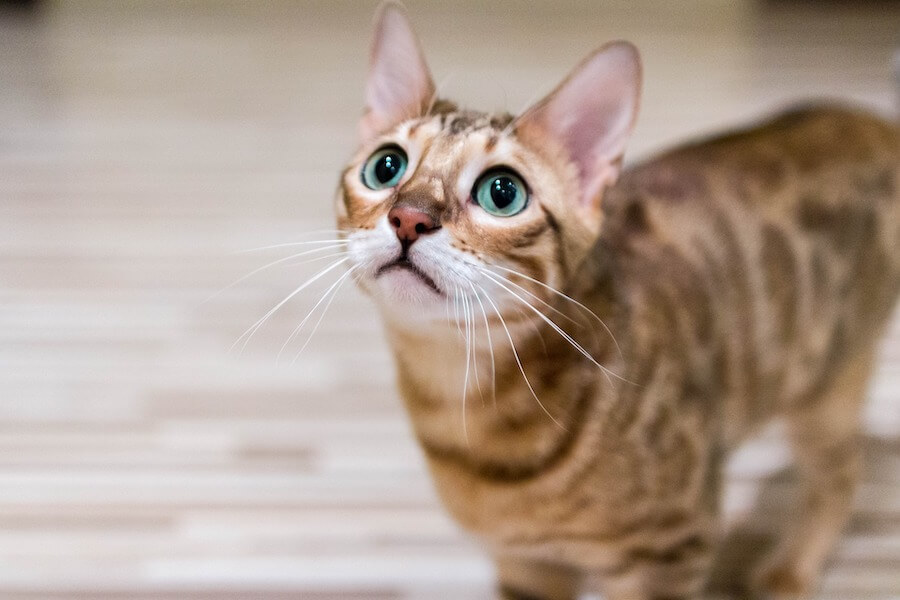
Credit: crazyrichpets.com
Contents
- 1 High Energy Levels
- 2 Vocal And Demanding
- 3 Destructive Behavior
- 4 Health Concerns
- 5 Affectionate Yet Independent
- 6 Legal Restrictions
- 7 High Maintenance
- 8 Not Ideal For Families
- 9 Exotic Breed – Not A Domestic Pet
- 10 Frequently Asked Questions On 10 Reasons Why You Should Never Own A Bengal Cat
- 11 Conclusion
High Energy Levels
Bengal cats have extremely high energy levels, which can make them a handful for some owners. Their natural instinct to climb and jump makes it important to provide them with plenty of vertical space and opportunities for physical activity. Additionally, their need for constant mental stimulation requires owners to be proactive in engaging them with toys and activities to prevent boredom and destructive behaviors.
Vocal And Demanding
Bengal cats are known for their vocal and demanding nature. They are not afraid to express themselves and can be quite constant in their vocalization. Whether it’s attention-seeking behavior or simply their way of trying to communicate, Bengal cats are not shy about making their needs known. This can be a challenge for some owners who prefer a quieter and more independent pet. Understanding and addressing these behaviors is essential for a harmonious relationship with a Bengal cat.
Destructive Behavior
Bengal cats are known for their destructive behavior. They have a tendency to scratch furniture and other household items, which can be frustrating for owners. Their unpredictable behavior can also be challenging to manage, as they may become aggressive or overly demanding at times. Proper training and environmental enrichment are crucial for managing these behaviors, but even with these efforts, some Bengal cats may continue to exhibit destructive tendencies.
Health Concerns
Hypertrophic Cardiomyopathy: Bengal cats are prone to hypertrophic cardiomyopathy, a genetic heart condition that can lead to serious health issues. Regular veterinary check-ups and screenings are essential to monitor their heart health and detect any potential problems early. It’s important to be aware of the symptoms and signs of this condition to ensure prompt medical attention if needed.
Prone to Dental Issues: Due to their genetics, Bengal cats are more susceptible to dental problems such as periodontal disease and tooth decay. Maintaining good dental hygiene, including regular brushing, can help prevent these issues. Additionally, providing appropriate chew toys and dental treats can contribute to their overall dental health.
Gastrointestinal Problems: Bengal cats may experience gastrointestinal issues, including food sensitivities and digestive disorders. A well-balanced diet tailored to their specific needs, along with monitoring their digestion and stool quality, is crucial for keeping their gastrointestinal system healthy and functioning properly.
Affectionate Yet Independent
A Bengal cat may seem affectionate but they are fiercely independent and require lots of attention. They are energetic, demanding and prone to behavioral issues. Their strong hunting instincts make them difficult to train and they are not suitable for all households.
Reasons Why You Should Never Own A Bengal Cat: Bengal cats are affectionate and independent creatures, making them a unique addition to any household. However, their selective attention can pose challenges for some owners. When it comes to handling difficulties, Bengal cats may require patience and understanding. With an inclination to express themselves when they want to, owning a Bengal cat demands a certain level of commitment and flexibility from their owners. Their independent nature means that they are not always receptive to the commands of their owners. Additionally, while they can be social, they may not always seek human interaction. However, living with a Bengal cat can be a rewarding experience for those who are prepared to appreciate and accommodate their distinct behaviors.Legal Restrictions
There are legal restrictions surrounding Bengal cat ownership that potential owners should be aware of. Some areas have breed-specific laws that prohibit or regulate the ownership of Bengal cats due to their wild ancestry. Ownership limitations may also exist in certain rental properties, condominiums, or residential communities. It’s essential to research and understand the legal restrictions and regulations in your area before considering the ownership of a Bengal cat.
High Maintenance
Bengal cats require significant grooming attention due to their unique fur patterns. Their coats need to be brushed regularly to prevent matting and reduce shedding. In addition, these cats have specialized dietary needs that can be more expensive than regular cat food. Bengal cats thrive on a diet high in protein and require a balanced mix of nutrients to maintain their health. Meeting these dietary requirements can be challenging and potentially costly for cat owners.
Not Ideal For Families
Owning a Bengal cat may not be the best choice for families, especially those with young children. These cats have aggressive tendencies and may not be suitable for households with kids. Their high energy levels and assertive nature can lead to undesirable behavior around young ones. Additionally, their playfulness may be mistaken for aggression, leading to potential conflicts. It is important to consider these factors before deciding to bring a Bengal cat into a family environment. |
Exotic Breed – Not A Domestic Pet
Considering the Bengal cat’s wild heritage, owning one as a pet can be a challenging experience. Their high activity level, vocal nature, and need for constant stimulation make them unsuitable for most households. Additionally, their strong hunting instinct and territorial behavior can pose difficulties in a domestic setting.
Frequently Asked Questions On 10 Reasons Why You Should Never Own A Bengal Cat
Are Bengal Cats High Maintenance Pets?
Yes, Bengal cats require regular grooming and mental stimulation to prevent boredom and destructive behaviors. Daily interactive playtime and mental enrichment activities are essential to keep them happy and healthy.
Do Bengal Cats Get Along With Other Pets?
Bengal cats can get along with other pets when properly introduced and socialized. Early socialization and gradual introductions can help them build positive relationships with other animals in the household.
What Are The Common Health Issues In Bengal Cats?
Bengal cats may be prone to certain health issues such as heart disease and progressive retinal atrophy. Regular veterinary check-ups and a nutritious diet can help mitigate potential health concerns.
Conclusion
Taking into account the potential challenges and responsibilities, owning a Bengal cat may not suit everyone. It’s crucial to weigh the pros and cons before making the commitment. By fully understanding the demands of this unique breed, prospective pet owners can make an informed decision that aligns with their lifestyle and preferences.

Katie Lindsey is a passionate cat lover and founder of Cats Solution, a comprehensive resource for all things feline. With a lifelong love for cats and extensive knowledge in their care and behavior, she provides expert advice and solutions to cat owners. Through her website, Katie fosters a supportive community where cat enthusiasts can find guidance and heartwarming stories. A dedicated advocate for animal welfare, Katie also promotes responsible pet ownership and adoption. Join her on this purr-fect journey celebrating the joy of feline companionship.
